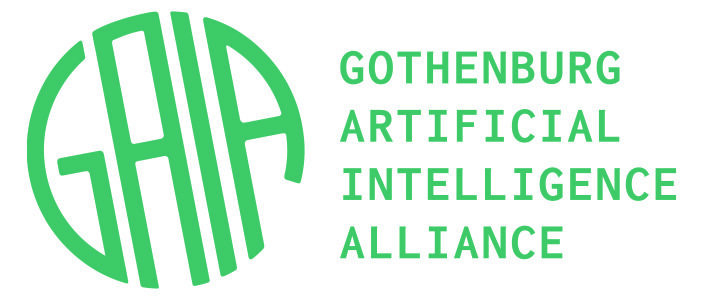Abstract
Supervised training of deep learning models for medical imaging applications requires a significant amount of labeled data, which can be challenging to acquire as it necessitates the expertise of highly skilled medical professionals to annotate a large number of image sequences. To overcome this limitation, we propose the Adaptive Locked Agnostic Network (ALAN) concept for label-free, self-supervised learning of visual features. The advantage of this methodology is that the self-supervised training can be performed once on a large unlabeled dataset, and the features discovered can then be used on a plethora of subsequent downstream tasks. Since these self-engineered features have rich informational content, downstream tasks can be solved with more straightforward and less data-hungry methods than in fully-supervised approaches. In this paper, we perform two typical downstream tasks for echocardiogram data: segmentation of anatomical regions and classification of the echocardiogram views. We evaluate the proposed self-supervised approach on three publicly available echocardiogram datasets: EchoNet-Dynamic, CAMUS, and TMED-2.
Anders Hildeman
Senior Data Scientist @ AstraZeneca
Anders holds a PhD in Spatial Statistics, an MS in engineering mathematics, and a background in oceanography and remote sensing. He has gained extensive experience with the predictive modeling of digital images and geospatial data. In his professional role, he is working with general data science problems within pharma and research in the field of medical image analysis, mainly focusing on not focusing at all, i.e., exploring as many methods and datatypes as he can.

